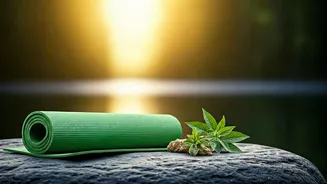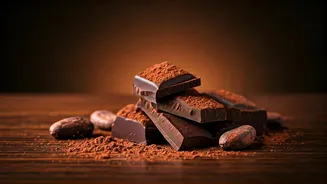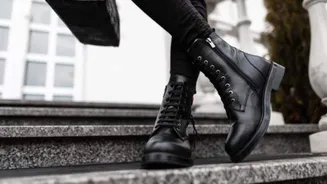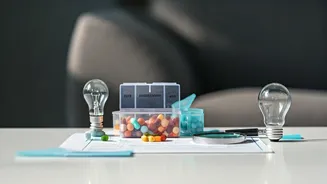Tired of seeing strands everywhere? The secret to luscious locks might lie in your diet! Let's explore 8 deficiencies that are causing your hair to fall.
Vitamin D Matters
First up is Vitamin D! This crucial nutrient often gets overlooked. When the body lacks Vitamin D, it can manifest in multiple ways, and hair loss is a common one. Remember, a healthy dose of sunshine and some dietary adjustments can often do the trick. Consult your doctor for guidance.
Vitamin A's Role
Next on the list is Vitamin A. Its deficiency can also lead to hair loss. Incorporating Vitamin A-rich foods into your diet may help. The body requires a good amount of this vitamin for hair growth, so ensure you are not lacking it in your day-to-day diet. Talk to a professional for a suitable diet plan.
Vitamin B12 Missing?
Vitamin B12 plays a significant part in red blood cell production. Its deficiency can be problematic and contribute to hair fall and slower growth. Try consulting a doctor to check if you have a Vitamin B12 deficiency. Dietary changes are also a good option.
Iron and Hair
Iron deficiency (Anemia) often goes hand-in-hand with hair fall. Insufficient iron levels can hinder hair growth, causing excessive shedding. Maintaining healthy iron levels is very important. Ensure you consult a physician before making changes in your diet or taking any supplements.
Zinc for Growth
Zinc is essential for tissue growth and repair, including hair. Deficiency can lead to hair loss and thinning. In addition to its role in hair, zinc also aids in keeping the scalp healthy. Make sure you eat foods rich in zinc to keep your hair healthy and strong.













